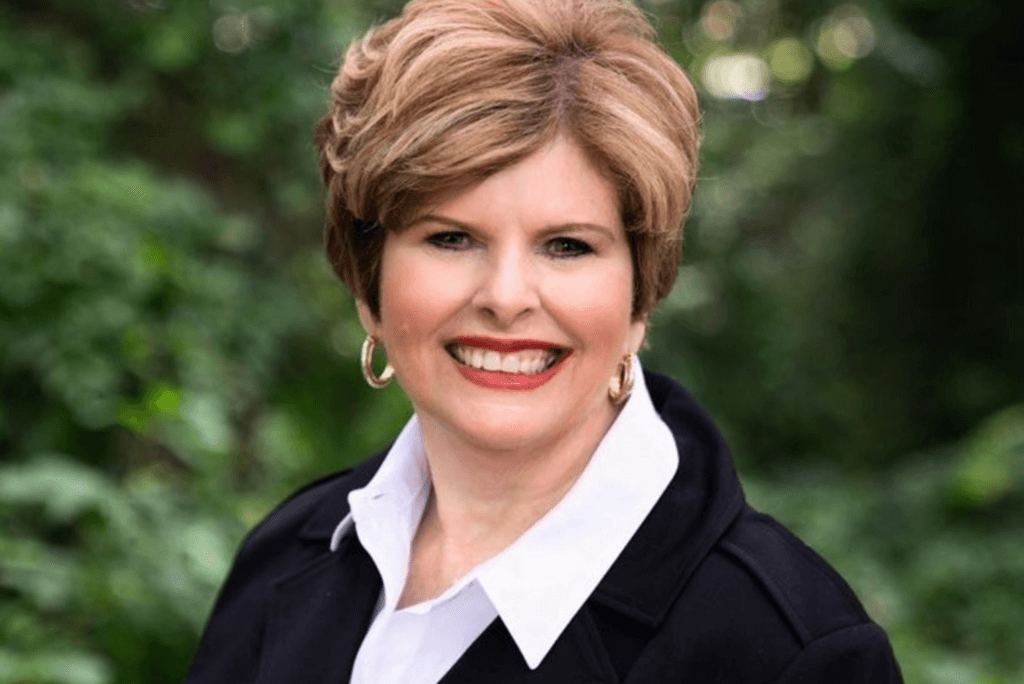Of all of the Big Tech venues, guess who says they are now targeting the “religious experience” in America? And take a wild guess at who is reporting on it.
It’s Facebook, and it’s The New York Times. That’s not a misprint.
The New York Times, long considered one of the most liberal media outlets in the world, published what many Christians might deem a very odd story by Elizabeth Dias. It described how Facebook had made a proposition to pastor Sam Collier of Hillsong’s new church in Atlanta, which opened within the past year, “to use the church as a case study to explore how churches can ‘go further’ on Facebook.”
Strange as it may seem, that proposition came after Collier sought advice from Facebook on how to build a church in a pandemic, The Times reported.
“Facebook developers met weekly with Hillsong and explored what the church would look like on Facebook and what apps they might create for financial giving, video capability or livestreaming,” the Times reports. “When it came time for Hillsong’s grand opening in June, the church issued a news release saying it was ‘partnering with Facebook’ and began streaming its services exclusively on the platform.”
“They are teaching us; we are teaching them,” Collier said. “Together we are discovering what the future of the church could be on Facebook.”
Why would Facebook do such a thing after its extensive history of limiting Christian outreach on the social media channel? In May 2021,.actor Kevin Sorbo said his Facebook page had been deleted because “I’m a conservative Christian.”
In 2021, Christian Newswire reported that Facebook had blocked 70 million people from conservative content.
The Times piece met with skeptics in its Facebook comments section:
— Jennifer Taylor: “The only reason they are doing this is because church membership is at an all-time low and they want money,” Jennifer Taylor says.”
— Heather Riz: “Nope, nope nope! Religion’s place are in their houses of worship or on private FB groups. I don’t want to see ads telling me to go find Jesus or anything. Not my thing. To each his own, though.”
— DemocratsforLiberty: “Just as more and more people are turning away from religion, the big question is what is in it for Facebook? $ of course.”
— Carla Rodrigues: “Quite sure God is not on FB.”
Diaz admitted that Facebook, which she said passed $1 trillion in capitalization, “may seem like an unusual partner for a church whose primary goal is to share the message of Jesus” … but that “the company has been cultivating partnerships with a wide ranges of faith communities over the years.”
But beware. Later in the article, Diaz wrote that “the partnerships reveal how Big Tech and religion are converging far beyond simply moving services to the Internet. Facebook is shaping the future of religious experience itself, as it has done for political and social life.”
“The company’s [Facebook] effort to court faith groups comes as it is trying to repair its image among Americans who have lost confidence in the platform, especially on issues of privacy,” the article continues. “Facebook has faced scrutiny for its role in the country’s growing disinformation crisis and breakdown of societal trust, especially around politics, and regulators have grown concerned. About its outsize power.”
Collier says the partnership is all about evangelism.
“We have never been more postured for the Great Commission now,” he says, adding that Jesus said to “make disciples of all nations.” He told Diaz he is partnering with Facebook “to directly impact and help churches navigate and reach the parishioner better.” {eoa}
Read articles like this one and other Spirit-led content in our new platform, CHARISMA PLUS.
See an error in this article?
To contact us or to submit an article






















